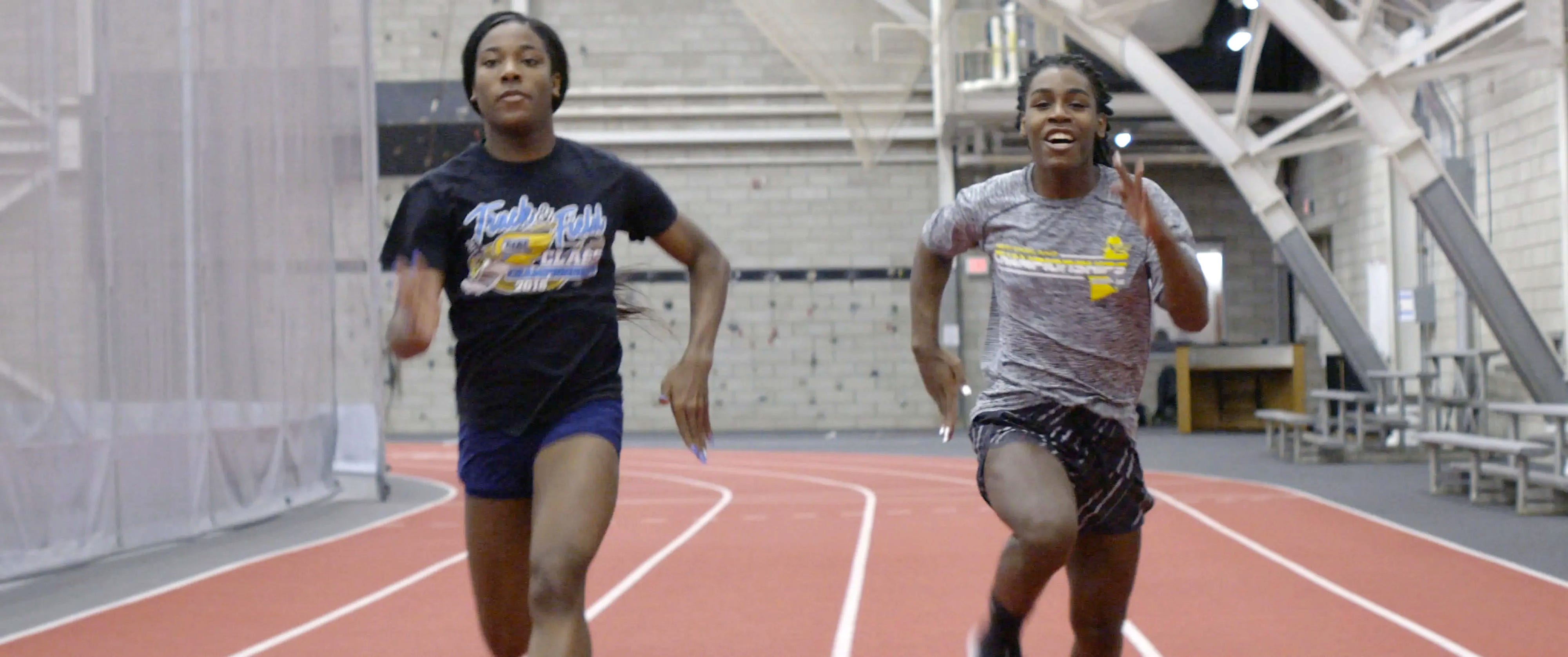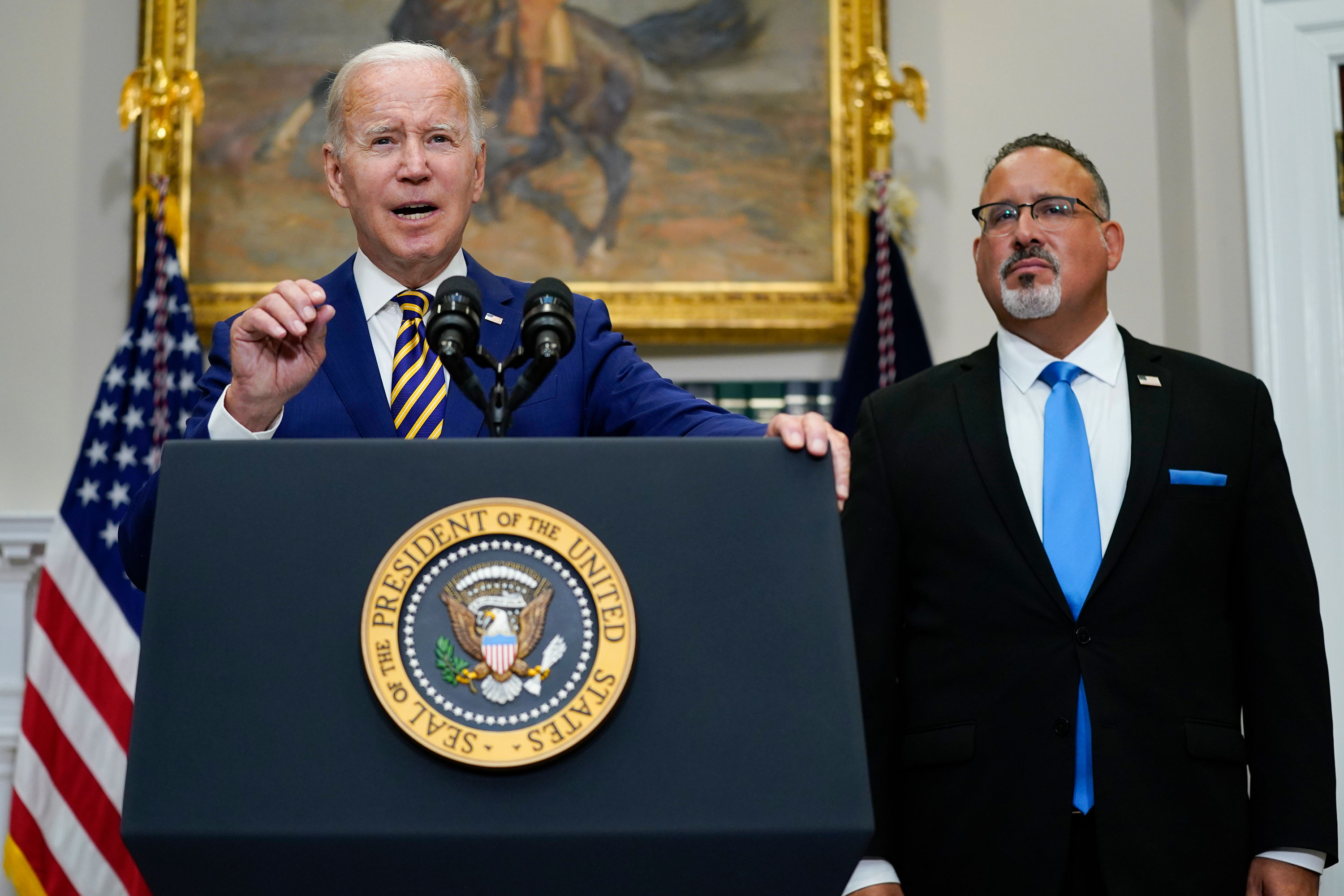Trump's Transgender Sports Ban Faces Legal Challenge From Minnesota AG

Table of Contents
The Trump Administration's Transgender Sports Ban: A Recap
The Trump administration's policy, largely implemented through executive orders and guidance documents, aimed to restrict the participation of transgender female athletes in women's sports at the school and collegiate levels. The core argument rested on the assertion that transgender women retain a biological advantage over cisgender women, undermining the principle of fair competition.
- Key arguments used to justify the ban:
- Preservation of fair competition in women's sports.
- Protection of opportunities for cisgender female athletes.
- Emphasis on biological sex as the defining factor for sports participation.
The policy's impact on transgender youth was devastating, limiting their access to sports and potentially harming their mental and physical well-being. Many argued that the ban was discriminatory and violated the principles of inclusivity and equal opportunity. The use of "biological sex" as the sole criterion for participation became a central point of contention, particularly given advancements in our understanding of gender identity and hormonal therapies.
Minnesota Attorney General's Legal Challenge: The Key Arguments
The Minnesota Attorney General's lawsuit directly challenges the Trump administration's transgender sports ban, arguing that it violates Title IX, the federal law prohibiting sex-based discrimination in education programs. The core arguments center on the discriminatory nature of the policy and its infringement on the rights of transgender students.
- Key legal arguments:
- Violation of Title IX's prohibition against sex-based discrimination.
- Infringement on the constitutional rights of transgender students to equal educational opportunities.
- Lack of scientific basis for the claim of inherent athletic advantage.
The lawsuit cites numerous legal precedents supporting the inclusion of transgender individuals in activities based on their gender identity. The case's potential ramifications are far-reaching, potentially setting a legal precedent for similar challenges across the nation and influencing future policies concerning transgender athletes' participation in sports. The Minnesota Attorney General's action highlights the ongoing legal battle to ensure equal access to sports for transgender individuals.
The Broader Implications for Transgender Athletes and Title IX
This legal challenge has profound implications for transgender athletes nationwide, potentially opening the door to greater inclusivity and equal opportunities in sports. The case's outcome will significantly shape the future enforcement of Title IX, determining the extent to which the law protects transgender students' right to participate in sports based on their gender identity.
- Arguments for and against the inclusion of transgender athletes:
- For Inclusion: Promotes inclusivity, supports transgender well-being, aligns with evolving societal understanding of gender identity.
- Against Inclusion: Concerns about fairness in competition, protection of opportunities for cisgender women.
The debate is further complicated by questions of fairness, inclusivity, and competitive balance. Finding a balance between promoting inclusive participation and ensuring fair competition remains a central challenge. The scientific evidence regarding the athletic performance of transgender women compared to cisgender women also plays a crucial role in this ongoing discussion.
The Role of Science and Medical Expertise
The debate surrounding transgender athletes' participation in sports is increasingly informed by scientific evidence and medical expertise. Studies on hormone levels, specifically testosterone, and their impact on athletic performance are carefully considered. However, the interpretation and application of this data remain subject to ongoing research and debate. The complexities of hormone therapy and its effects on athletic capabilities require a nuanced approach, recognizing individual differences and avoiding generalizations.
Conclusion
The Trump administration's transgender sports ban, and the subsequent legal challenge from the Minnesota Attorney General, represent a crucial turning point in the ongoing fight for transgender rights and equal access to sports. This case highlights the tension between fairness, inclusivity, and the evolving understanding of gender identity in the context of competitive athletics. The broader implications for Title IX and the future of sports participation for transgender individuals are significant. Follow the developments in this crucial legal challenge to the Trump transgender sports ban and stay updated on the fight for transgender athletes' rights. Share this article to raise awareness about this critical issue.

Featured Posts
-
 Key Bench Players Hield And Payton Secure Warriors Win Against Blazers
Apr 24, 2025
Key Bench Players Hield And Payton Secure Warriors Win Against Blazers
Apr 24, 2025 -
 Trump Administrations Response To Harvard Lawsuit Open To Negotiation
Apr 24, 2025
Trump Administrations Response To Harvard Lawsuit Open To Negotiation
Apr 24, 2025 -
 Zuckerbergs Next Chapter Navigating A Trump Presidency
Apr 24, 2025
Zuckerbergs Next Chapter Navigating A Trump Presidency
Apr 24, 2025 -
 O Thanatos Toy Tzin Xakman I Sygkinitiki Anartisi Toy Tzon Travolta
Apr 24, 2025
O Thanatos Toy Tzin Xakman I Sygkinitiki Anartisi Toy Tzon Travolta
Apr 24, 2025 -
 Execs Office365 Accounts Targeted Crook Made Millions Feds Say
Apr 24, 2025
Execs Office365 Accounts Targeted Crook Made Millions Feds Say
Apr 24, 2025
